Surrogacy Laws & Process in New Jersey

Understanding the Surrogacy Process in New Jersey
New Jersey surrogacy law offers a secure and supportive legal framework for both intended parents and gestational carriers. With the enactment of the New Jersey Gestational Carrier Agreement Act in 2018, the state provides clear, enforceable guidelines that protect the rights of everyone involved.
As a surrogacy-friendly state, New Jersey enables a streamlined legal process and offers legal recognition to a wide range of family types. At Carrying Dreams, we’re here to support both intended parents and surrogates with reliable guidance through every step of the journey.
A HUGE Thank You To Our Sponsors...





Pre-Birth Parentage Orders in New Jersey: Legal Recognition Before Birth
Married Same-Sex Couples
Both spouses can be named as legal parents prior to birth, even if donor gametes are used.
Unmarried Heterosexual Couples
Can obtain pre-birth parentage regardless of genetic connection, provided a valid surrogacy agreement is in place.
Single Intended Parents
Single individuals, whether genetically related or not, may receive a pre-birth order under the Act.
Couples Using Donor Gametes
Intended parents using donated eggs or sperm are eligible for pre-birth parentage, even without genetic connection.
Opposite-Sex Married Couples
Pre-birth orders are granted whether using their own gametes or donor contributions.
Unmarried Same-Sex Couples
Can receive legal parent recognition before birth when following the proper legal process.
Who Can Be a Surrogate in California?
Eligibility Criteria:
- Surrogacy is open to both married and unmarried women who meet the necessary health and emotional requirements.
- Women must have had at least one successful pregnancy in the past and be medically healthy to carry a child for others.
Health and Medical Requirements:
- A surrogate must undergo a thorough medical screening to ensure they are physically capable of handling a pregnancy, including tests to evaluate overall health, reproductive history, and mental well-being.
Age Requirements:
- Typically, surrogates should be between 21 and 40 years old to ensure both a healthy pregnancy and the emotional maturity needed for the process.
Emotional Readiness:
- The emotional and psychological aspects of surrogacy are critical. Surrogates must be mentally prepared for the process, understand the emotional challenges, and be able to handle the separation from the baby after birth.
No Strict Legal Restrictions:
- Montana does not impose rigid legal restrictions on who can be a surrogate. However, having the right legal and emotional support is essential for both the surrogate and the intended parents to ensure a smooth process.
Explore the Carrying Dreams Surrogacy Heatmap

